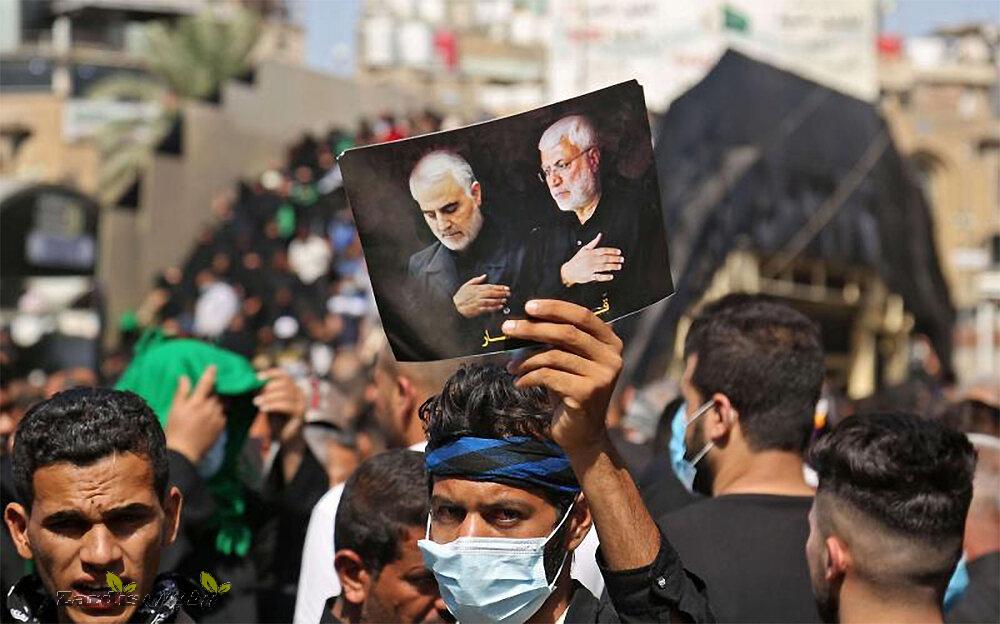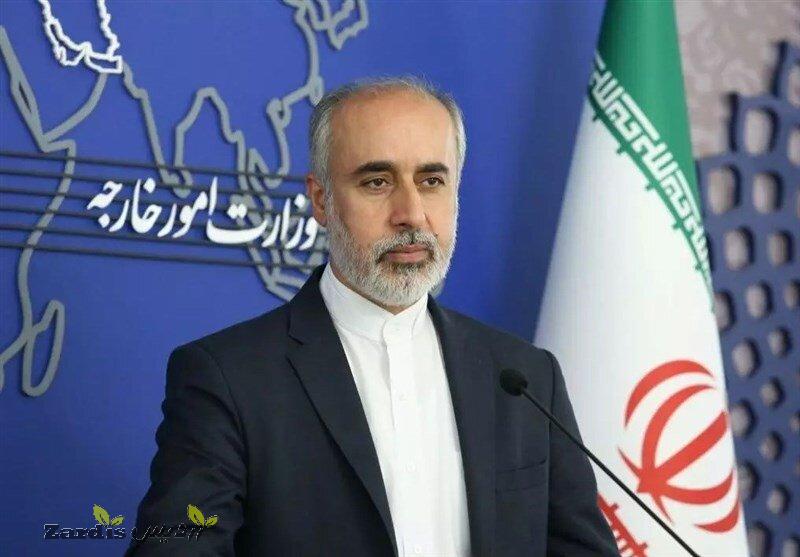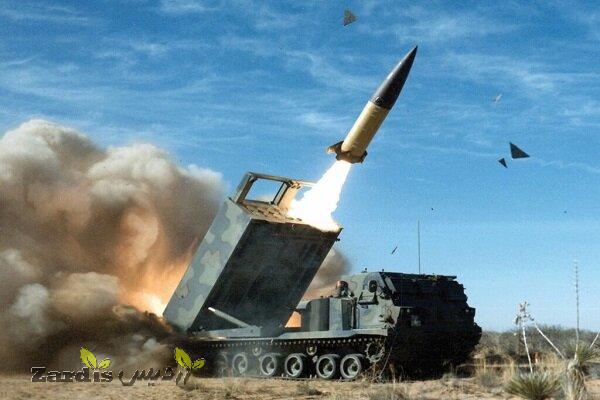TEHRAN- After 20 years of the American occupation of Afghanistan under the pretext of fighting terrorism and Al-Qaeda, it had to withdraw its forces in a humiliating manner, and left everything behind, including military vehicles still in use. American forces even abandoned the trained dogs they used in the incursions and equated them with those who were cooperating with them.
In West Asia, the United States of America announced the transfer of the Patriot missile system from four Arab countries: Saudi Arabia, Kuwait, Jordan, and Iraq. In addition to the Iraqi parliament’s decision that the U.S. forces should withdraw, it is an embarrassing decision for the government, which has become obligated to implement it, before it is imposed on the ground by the resistance forces.
The United States of America is trying to portray its withdrawal as a result of achieving its goals and objectives in the region; but this is not true, and it is a justification similar to what happened to France when it withdrew from Africa under the strikes of the national movements in these countries. This was portrayed as the mighty work of General De Gaulle, who was described as the liberator of the peoples, while he is one of the leaders of colonialism, but he is the one who led the process of changing the colonial color. Instead of the military presence, the soft presence was achieved through many means.
The American withdrawal from the region today is presented as an American conviction, and that the situation no longer requires an American military presence in the region. However, the reality is that the American occupation and this presence in violation of international law is practicing a soft fleeing process under the cover of darkness, so as not to appear defeated in the battle for influence in the region.
America knows that the decision of the alliance of resistance to revenge the martyr Qassem Soleimani is effective and will not abandon it. This is a comprehensive decision for all the resistance forces, and as the Iranian leaders expressed it, Sayyed Hassan Nasrallah summed it up in his famous phrase, “Qassem Soleimani’s shoes are more honorable than Trump’s head … Therefore, the price of this crime is the American exit from the region.”
The country that knows the Resistance alliance better than others is the United States of America. It tried, by all means, to bring it down and eliminate it by all means, and it failed by all measures. It tried the economic blockade, media rumors, intellectual warfare, and the use of terrorism, but all of this was in the interest of the resistance forces, which gained experience in confrontation that the Americans did not consider. In fact, the American is different from the rest of the opponents of the resistance.
This American withdrawal today is incomplete because it is trying to change the color of the occupation through a non-military presence through the use of its functional tools. However, it collides with the growing awareness of the Axis of Resistance, which today, in addition to military power, has great power to absorb transformations and deal with them with the necessary choices.
America knows that its survival in the region is very costly, because it will remain under the strikes of the Axis of Resistance, which has grown and gained great influence during the last ten years, meaning that the American presence is no longer without cost, but rather the price will rise if it insists on staying.
The American has grown up under the influence of pragmatic philosophy. The right thing for it is what achieves the interest, and the latter is the criterion of truth. There is nothing right unless it will achieve the interest, and America’s flight from the region is that it is convinced that the rising power cannot be confronted because it has a different philosophy. It is based on sacrifice, and it is not possible to compare between those who seek an interest and those who seek spiritual advancement through their sacrifices without waiting for compensation.
Driss Addar is a Moroccan author and journalist. He is assistant editor-in-chief of the Moroccan newspaper An-Nahar. Driss has published several scholarly articles and books, including “Wahhabi Penetration in Morocco”, “The Big Market for Fake News” and “Nationalists in the East and Wahhabis in Morocco”.
Zardis news | The latest news of Iran and the world
All rights reserved for "Zardis news"It is protected and any copying without mentioning the source is prohibited.
Pursuant to Article 12 of Chapter 3 of the Cybercrime Law, copying the format and content will be prosecuted.







